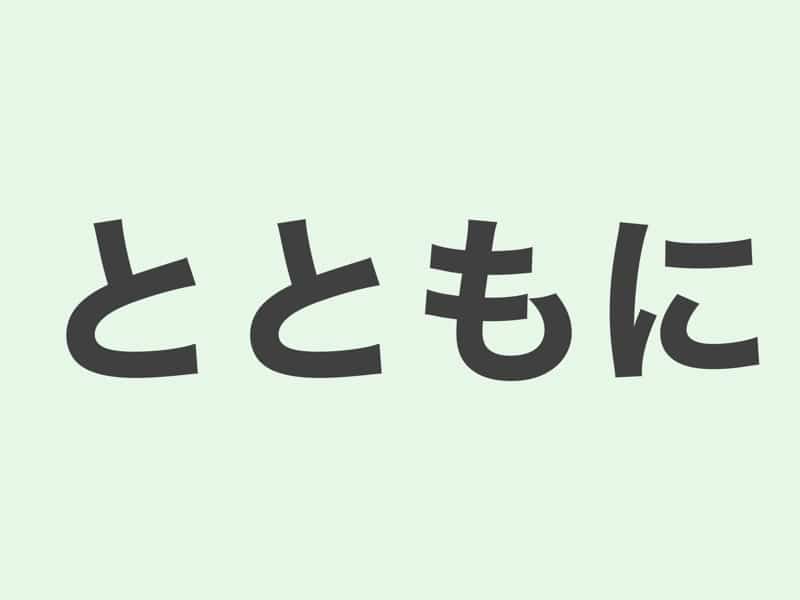説明 (Explanation)
文法(Grammar):名詞・普通形+とともに
意味 (Meaning):「~と一緒に」や「~と同時に」という意味を持つ日本語の表現です。主に、二つの出来事や状況が同時に起こることを示すために使われます。
英語(English):とともに (to tomoni) is a Japanese phrase that means “together with” or “along with.” It is used to indicate that two events or situations happen simultaneously or in conjunction with each other.
JLPT Textbook Recommendations
例文 (Examples)
- 家族とともに過ごす時間を大切にする。
- 自然とともに生きる。
- 仲間とともに困難を乗り越える。
- 円安とともに、輸入品の価格が上昇している。
- 経済の悪化とともに、失業率が上昇している。
- 時代とともに、人々の価値観も変わってきた。
- 年をとるとともに、健康に気をつけるようになった。
- 増税されるとともに、生活費がさらに高くなった。
ひらなが (Hiragana)
- かぞくとともにすごすじかんをたいせつにする。
- しぜんとともにいきる。
- なかまとともにこんなんをのりこえる。
- えんやすとともに、ゆにゅうひんのかかくがじょうしょうしている。
- けいざいのあっかとともに、しつぎょうりつがじょうしょうしている。
- じだいとともに、ひとびとのかちかんもかわってきた。
- としをとるとともに、けんこうにきをつけるようになった。
- ぞうぜいされるとともに、せいかつひがさらにたかくなった。
英語翻訳 (English Translation)
- I value the time I spend with my family.
- Live in harmony with nature.
- Overcome difficulties together with my friends/companions.
- Along with the yen’s depreciation, the prices of imported goods are rising.
- Along with the economic downturn, the unemployment rate is increasing.
- Along with the times, people’s values have also changed.
- As I get older, I have become more conscious of my health.
- Along with higher taxes, the cost of living has increased further.





コメント